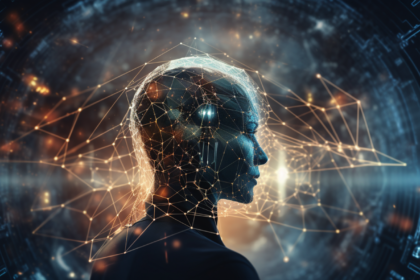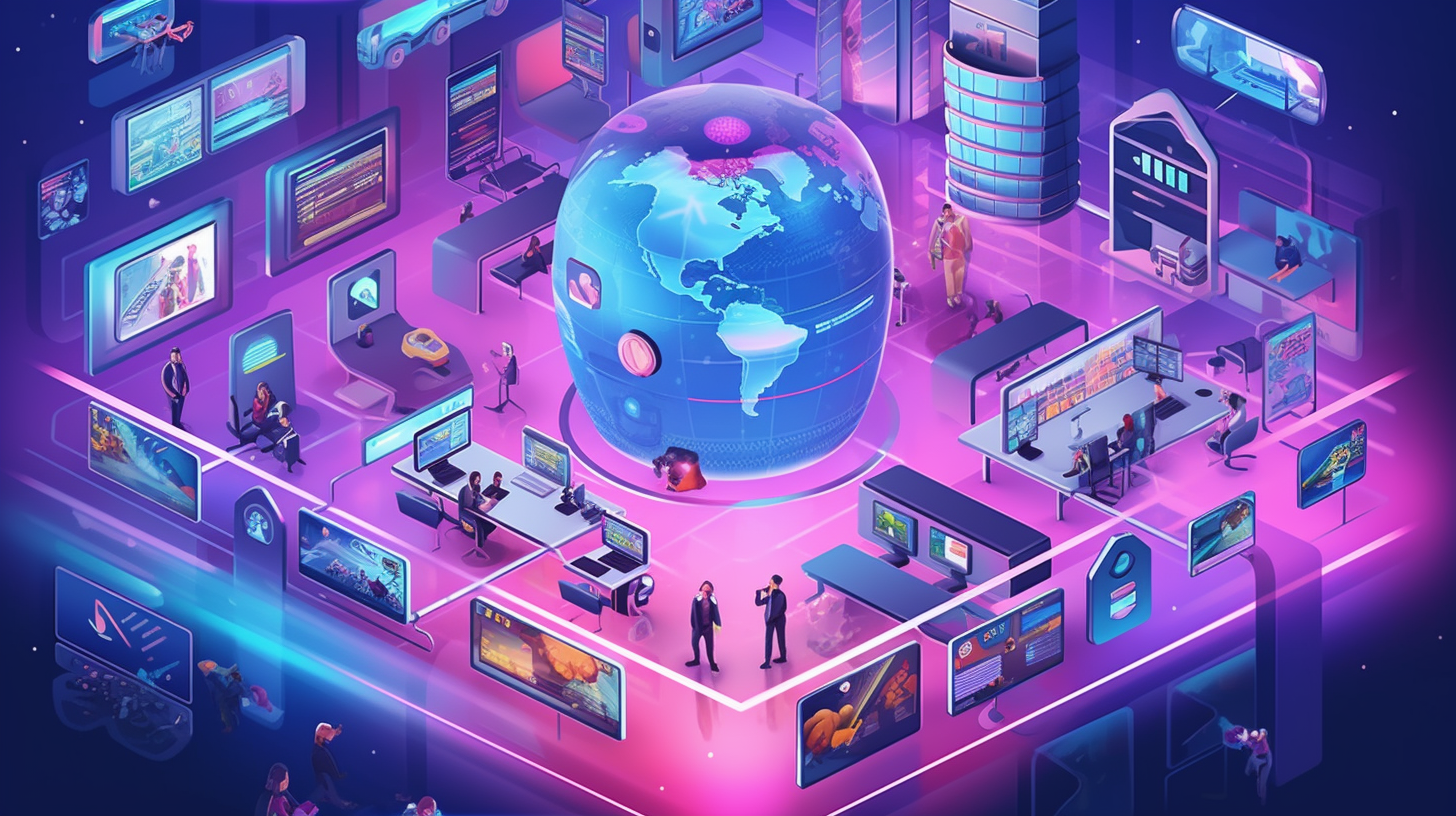As the digital age races forward, groundbreaking technology is silently emerging poised to transform computation as we know it. Unleashing the power of quantum computing, with its ability to harness the extraordinary properties of quantum mechanics, a promising leap for computational power is beginning to unfold.
Quantum computing taps into fundamental principles of quantum mechanics and has unlocked new avenues for computation. One is the quantum superposition where, unlike classical bits, quantum bits (or qubits) can exist simultaneously in multiple states. This allows parallelism so that computers can perform on a vast number of possibilities, enabling speedup. Furthermore, quantum entanglement is the phenomenon where qubits become interconnected. Manipulating this allows for faster communication, enhanced data storage and complex computations that were once previously unthinkable.
The potential applications of quantum computing are endless, here are just a few sectors on where its potential is capitalised on:
Pharmaceutical and Drug Discovery
Quantum simulations enable the rapid exploration of molecular interactions. Researchers can lead the development of target medications and personalised treatments by modelling and analysing complex biological systems. Revolutionising drug discovery.
Financial Services and Optimisation
Quantum algorithms can optimise complex financial systems. This enables institutions to harness the computing power to excel in investments, streamline trading strategies and manage risk more effectively.
Artificial Intelligence and Machine Learning
The Quantum machine learning algorithms provide a promising outlook on advancements in pattern recognition, optimization and data analysis. This suggests implications for improving AI models and tackling complex problems in diverse domains.
While quantum computing is still in its nascent stage, its advancements continue at an accelerating pace. The hardware and qubit stability is improving whilst algorithms are being refined to tackle real-world problems. What does the future hold for quantum computing?











